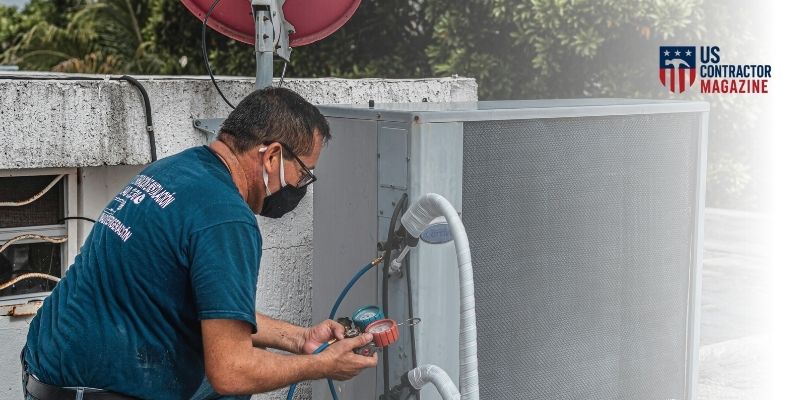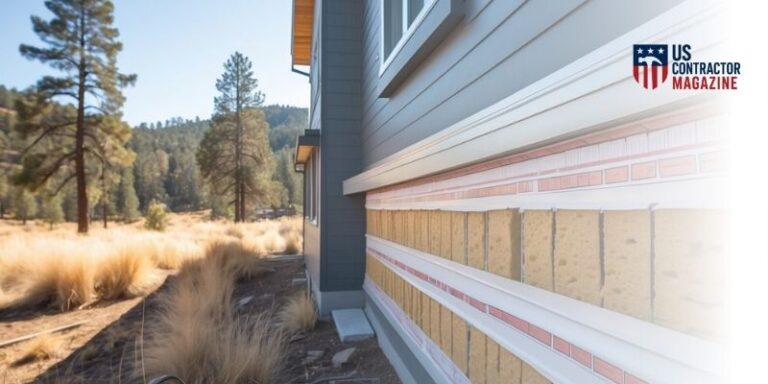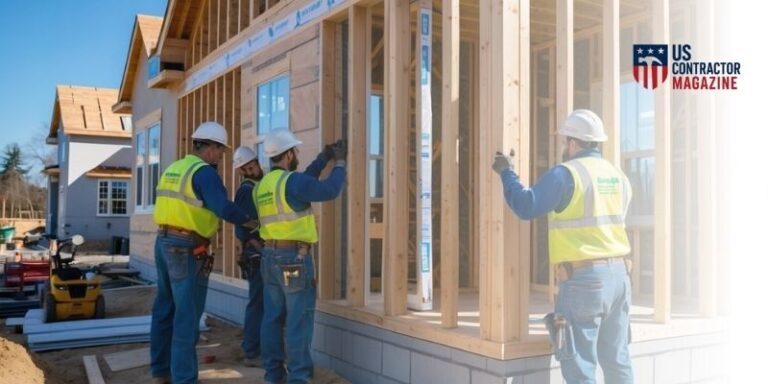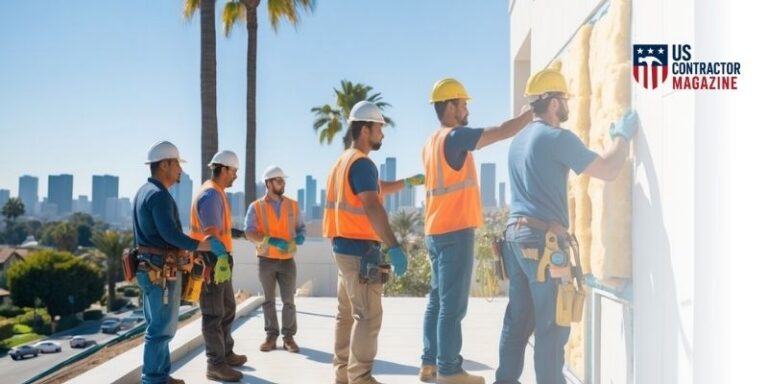
In a move drawing sharp criticism from energy efficiency advocates and HVAC professionals, the U.S. House of Representatives has passed legislation aimed at eliminating key federal incentives for high-efficiency heating, ventilation, and air conditioning (HVAC) systems. The bill is part of a broader effort to dismantle provisions of the Inflation Reduction Act (IRA), a landmark climate and energy law enacted in 2022.
Efficiency Programs Face Political Setback
The bill, titled the “Repealing Green Building Incentives Act”, passed largely along party lines and proposes to defund or repeal several tax credits and rebate programs designed to encourage adoption of high-efficiency HVAC equipment, including heat pumps, high-SEER AC units, and energy-saving furnaces.
Key Points:
- The House passed a bill to eliminate federal HVAC efficiency incentives tied to the Inflation Reduction Act.
- Affects programs such as 25C tax credits and Home Energy Rebate Programs.
- Industry groups, including ACCA and HARDI, oppose the rollback, citing economic and environmental risks.
- The bill faces an uncertain future in the Senate, where Democratic opposition is strong.
- Stakeholders warn the move may hurt small contractors and slow adoption of low-carbon technologies.
Industry Backlash: A Threat to Clean Energy Progress
HVAC industry leaders were quick to respond. Organizations such as the Air Conditioning Contractors of America (ACCA) and Heating, Air-conditioning & Refrigeration Distributors International (HARDI) expressed concern over the impact on both businesses and consumers.
“These incentives support small contractors and help homeowners afford cleaner, more efficient systems,” said Barton James, President of ACCA. “Removing them will disrupt markets, harm consumers, and stall innovation.”
The incentives at risk include:
- The Section 25C tax credit, offering up to $2,000 for qualifying heat pumps and other efficient equipment.
- The High-Efficiency Electric Home Rebate Act, which provides upfront rebates for energy-efficient installations.
- Energy audit and electrification support for low- and middle-income households.
Senate Remains a Key Battleground
Although the bill passed the House, it is unlikely to gain traction in the Democrat-controlled Senate. Still, industry leaders warn that the vote sends a troubling signal about the future of bipartisan support for energy efficiency and clean HVAC technologies.
Conclusion
The House vote to repeal HVAC efficiency incentives marks a potential step backward in the U.S.’s clean energy transition. With the HVAC sector playing a central role in decarbonizing buildings, the stakes are high for contractors, manufacturers, and consumers alike as the debate now moves to the Senate.







